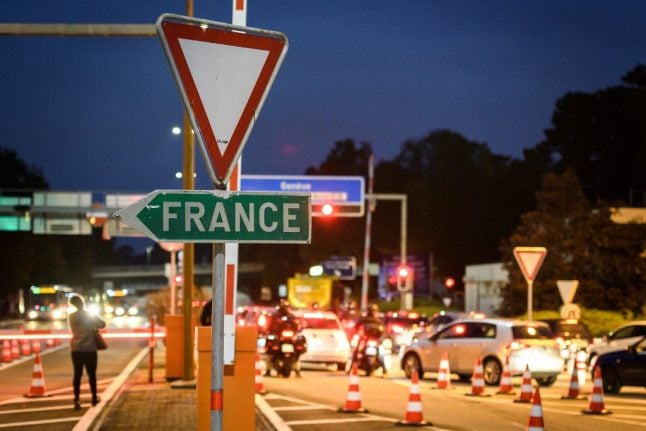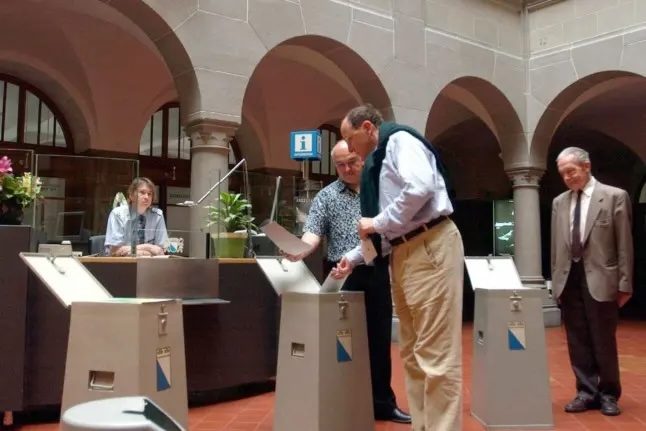“The movement between the Swiss cantons and border regions likely has a direct effect on the spread of the epidemic in France,” radiologist Pierre-Jean Ternamian told 20 Minutes news portal.
Ternamian, who is the president of the health professionals union in Lyon, noted that the rate of infections in the two departments nearest to Geneva is among the highest in France.
READ MORE: EXPLAINED: What is the latest Covid-19 situation in Switzerland?
He said the spike in numbers is caused, at least to some extent, by cross-border commuters who get infected in their Swiss workplaces and then bring the virus back to France.
As young people make up a large proportion of the regions' Covid cases, it is a sign that working-age cross-border commuters are among the most impacted population, Ternamian argues.
The Auvergne-Rhône-Alpes region of France – which contains Haute-Savoie and Ain – is under serious pressure and has had to begin transferring the sickest Covid patients out of the area as hospital intensive care units reach maximum capacity. The French health minister on Thursday night confirmed that 61 ICU patients have been transferred from Auvergne-Rhône-Alpes.
However, health officials on the Swiss side deny this claim.
Laurent Paoliello, the spokesperson for the Geneva Department of Health, said that “there is no such thing as ‘Swiss effect’ on France”.
“Infection rates are the same on both sides of the border.”
He pointed out that Geneva and the surrounding areas of France form “one large conglomeration, with the population that is suffering from an epidemic without borders”.
Paoliello also emphasised that it is crucial to keep the border open; its closure during the first coronavirus wave in the spring was “a nightmare”, he said.
More than 125,000 workers from France are employed is the area around Lake Geneva, which encompasses the cantons of Geneva and Vaud.
They are essential to local economy, including the healthcare sector.
At Geneva’s University Hospitals (HUG) alone, 60 percent of nurses and 9 percent of doctors are cross-border workers.



 Please whitelist us to continue reading.
Please whitelist us to continue reading.
Member comments